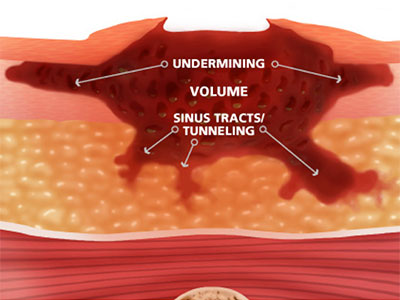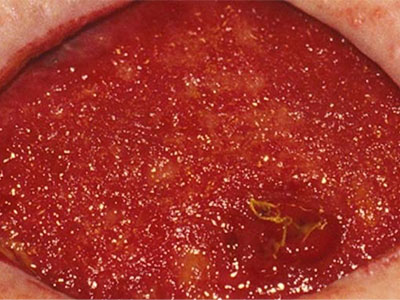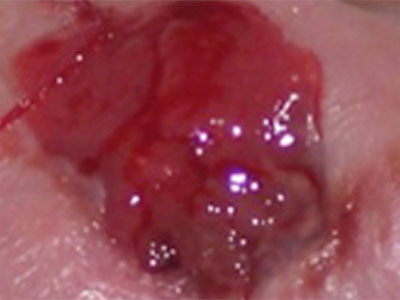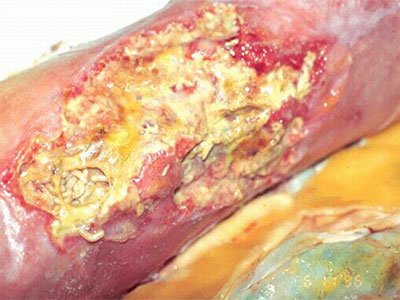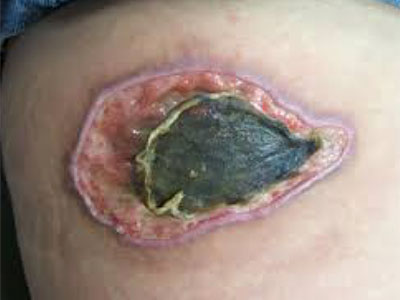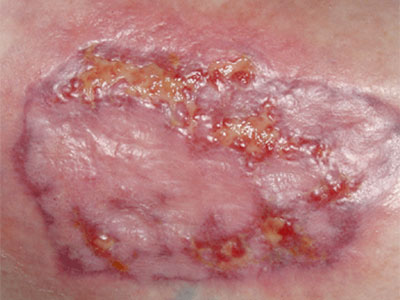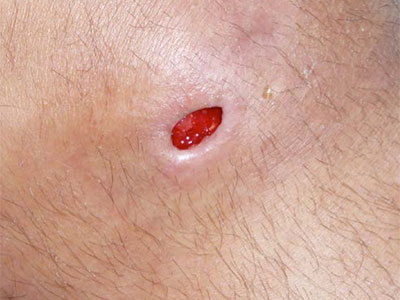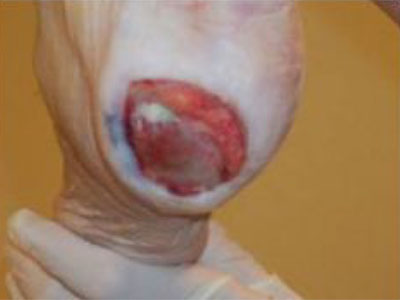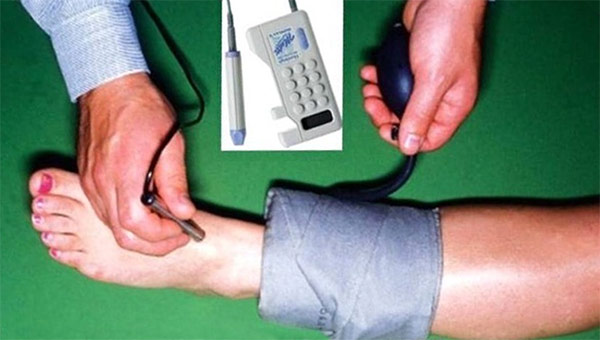Commonly Asked Questions and Answers about Anti-Depressant Medications
- Anti-depressants help restore the correct balance of neurotransmitters, which are chemical messengers in the brain.
- In many cases, poor sleep is a by-product of depression. Once the depression lifts, sleep often improves.
- Anti-depressants can help restore normal sleep even in people who do not have major depression. They are advantageous over other sleeping pills in that they are not habit forming and they usually do not impair concentration or coordination.
- With adequate treatment, between 50% and 80% of patients will have a complete recovery.
- Should you not respond to the first antidepressant treatment you try, there is an excellent chance that you will respond favorably to another medication or to psychotherapy.
- Lack of energy and tiredness are very common in people with major depression. Once the depression improves, the energy starts to return as well.
- Energy can be restored with the use of anti-depressants in people who are depressed. With successful treatment and medication compliance, patients will feel less tired and more able to do their usual activities.
- Life stress can cause or worsen the symptoms of depression. The depression can then worsen the impact of such stressors (such as work stress, family problems, physical disabilities or financial worries) and your ability to copy with them. Treating the depression can help some patients break out of this horrible cycle, not only with medication but with things techniques like Behavioral Activation and Problem Solving Treatment.
- NO. Anti-depressants are not habit forming or addictive. They do not produce a “high” feeling. Over time they slowly alter the amount of certain chemicals called neurotransmitters in the brain over a number of weeks to decrease the depression. This happens, because these neurotransmitters (the chemical messengers of the brain) are restored to normal levels.
- Some people have been taking anti-depressants continually for up to 30 years without any physical or psychological negative side effects.
- Anxiety can be the consequence of depression, and once the depression is properly treated the anxiety can also improve.
- Some antidepressant medications are also among the best treatments for anxiety disorders, including panic disorders and generalized anxiety disorder.
- It usually takes from one to six weeks for patients to start feeling better. Everyone has different response times. In many cases sleep and appetite improve first. It may take a little longer for your mood, energy and negative thinking to improve; the important thing is to stick with it! It will get better!
- If the depression has not improved after four to six weeks, you may need an increase in the dose or maybe even a change to another antidepressant.
- Once you are completely recovered from your depression, you should stay on the medication for another 6 months to prevent a relapse.
- Some patients who have had previous depression or are otherwise at high risk for recurring depression should be kept on a “maintenance dose” of anti-depressants for longer periods of time.
- Side effects from antidepressant medications are usually mild. You should ask your doctor or behavioral health care manager (who communicates with your doctor) what to expect and what to do if you have a problem.
- In many cases your body will get used to the medication and you won’t be bothered with the side effect for long. In other cases, your doctor may suggest that you lower the dose, add another medication or change to another antidepressant. If used correctly, there are no dangerous or life-threatening side effects.
- In general anti-depressants can safely be taken with other medications. You should let your doctor or behavioral health care manager know which other medications (including over the counter medications, vitamins, and herbal supplements) you are taking so that he/she can make sure that there are no problems.
- Anti-depressants can increase the sedating effects of alcohol. Be careful to avoid excessive alcohol intake while on these medications.
- Do not “double up” and take the dose you forgot. Just keep taking your medication as prescribed each day and call your provider if you have any questions.
- NO. You would be at high risk for having the depression come back and may experience some temporary withdrawal symptoms. After one episode of depression there is a 50% risk that the depression will return. After two episodes, the risk goes to 70%; and after three episodes the chances are 90% that you will have a recurrence if you stop using the medication. In most cases you should continue the medication for at least 6 months after you and your doctor agree that your recovery is complete.
- DON’T STOP THE MEDICATION BEFORE DSICUSSING IT WITH YOUR PROVIDER, NURSE OR BEHAVIORAL HEALTH CARE MANAGER.
- With adequate treatment, between 50% and 80% of patients will have a complete recovery.
- Should you not respond to the first antidepressant treatment you try, there is an excellent chance that you will respond favorably to another medication or to psychotherapy.






